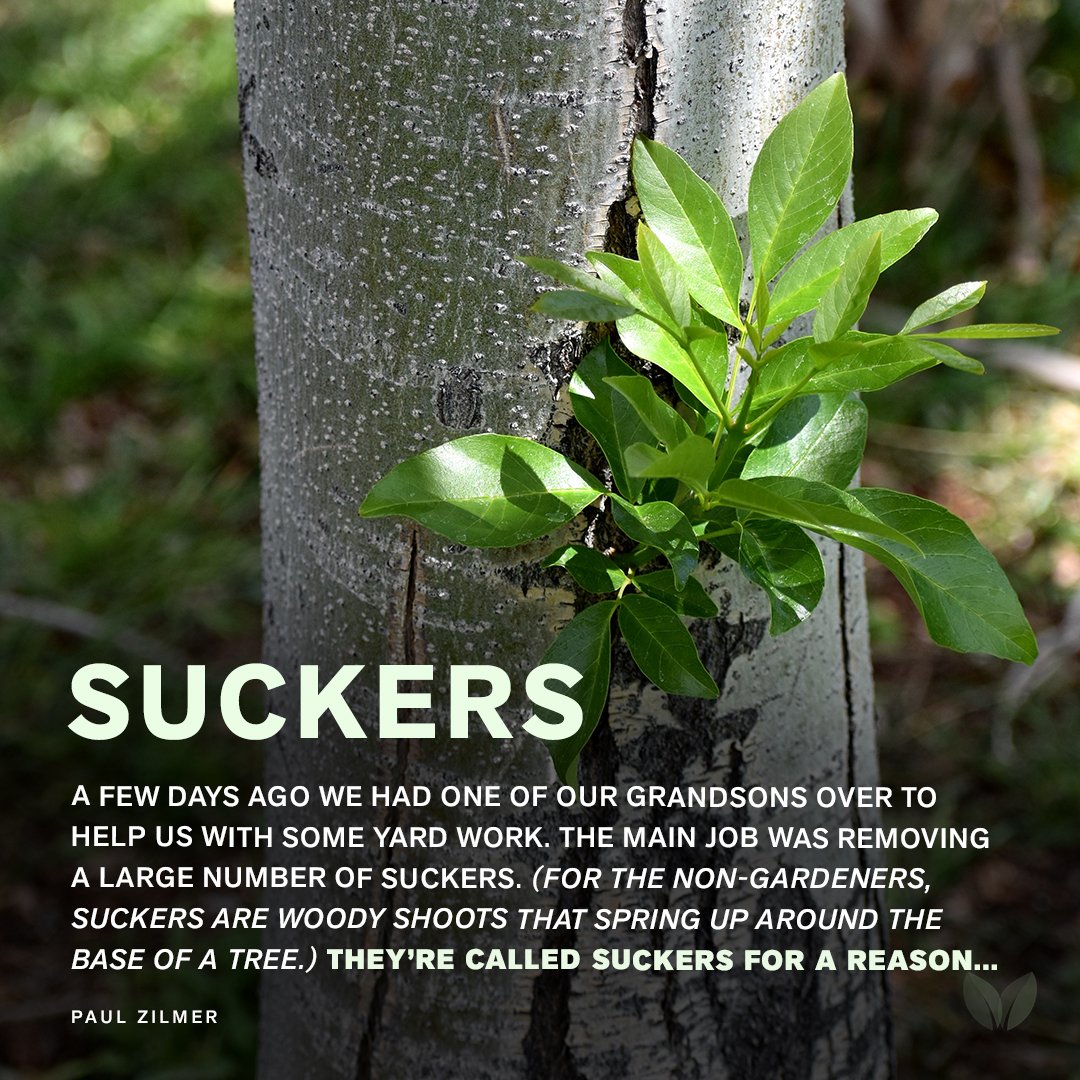WCF Blog


Exalted
How long has it been since you stopped to marvel at this? But God, being rich in mercy, because of the great love with which he loved us, even when we were dead in our trespasses, made us alive together with Christ—by grace you have been saved— and raised us up with him and seated us with him in the heavenly places in Christ Jesus. (Ephesians 2:4-6)

Sound Bites
We live in an era of very short attention spans. At least that’s true in North America where I live. In-depth explanation of anything is unlikely to be read or listened to. If the message can’t be reduced to a sound bite, little attention will be paid to it by many.

Knowledge isn’t Meant to be Academic
Why does Peter’s list begin with faith, move to virtue, and only then come to knowledge? Surely knowledge should come first – we need to know what we believe in rather than having a blind faith.

I love you
The “three little words” that mean so much: “I love you”. Interestingly, they don’t occur all that often in the Bible—even though it plainly states that “God is love,” and the two great commandments to us are to love. (1 John 4:8, 16; Matthew 22:36-39)

Faith – The Root Principle
Why is faith the first attribute in Peter’s list in 2 Pet. 1:5-7? We know that faith is what God looks for in his children as he demonstrated in the life of Abraham. Faith is why God justifies us.

Would you? Would I?
A study group I’m part of recently looked at Acts chapter 12. The incident that opens the chapter is the murder of the apostle James by Herod. This was part of a broad wave of persecution: “About that time Herod the king laid violent hands on some who belonged to the church. He killed James the brother of John with the sword.” (Acts 12:1-2)

Virtue – The Call to Excellence
In 1 Pet. 2:5 Peter exhorts “supplement your faith with virtue.” Why is virtue the second attribute in Peter’s list? The English word virtue can mean a variety of things like moral excellence, good behavior, and chastity. However, the Greek word Peter uses is, arete, had a more specific meaning in the culture of his day.

Living word
Most Bible students will be quite familiar with this verse from the letter to the Hebrews: For the word of God is living and active, sharper than any two-edged sword, piercing to the division of soul and of spirit, of joints and of marrow, and discerning the thoughts and intentions of the heart. (Hebrews 4:12)

Maturing Faith
It’s easy to quickly read a passage like the one above which contains a list of nine attributes, and not think much about it. Yes, we need faith, virtue, knowledge, self-control, steadfastness, godliness, brotherly kindness, and love. But is this just Paul rattling off attributes at random?

Spiritual Olympics Qualification
With the Olympic Games currently taking place in Paris, I was thinking about all the athletics analogies Paul uses in his epistles. The first Olympic Games were held in Olympia, Greece, in 776 B.C.E. and Paul is well acquainted with athletic events. For instance, he describes our lives in Christ like running a race (e.g., Heb. 12:1).

Cleaning day
There are folks who delight in cleaning – their home, their car, their workspace, themselves. The shine, the tidiness, the renewal are their own reward. I get it, I do enjoy the result, but I’m not really one of those folks. For me cleaning is a chore.

Being God’s Clients
In New Testament times if you wanted to start a business you wouldn’t go to a bank, like people do today, and obtain a business loan. Instead, society was structured in those days in such a way that, without your own capital, you would need to establish a relationship with someone else who had the means to help you. That person, who might provide you with things like money, office space, business connections, and other resources, was known as your patron and you would become their client. This arrangement was known as the patron client relationship.


Fail Forward
You may be familiar with the concept of “failing forward”, which has become almost a cliché in the business world due to the success of the book by John C Maxwell. The premise in a nutshell: Failure means not achieving an objective we were striving for, but even when we fail it’s possible to make some progress toward a goal, or at least learn something that improves our chance for success next time. One of the key ideas is that there will be a next attempt, we don’t give up.


Wise
In Matthew 11 Jesus spontaneously breaks into a prayer of thanksgiving. What is he so thankful for? “I thank you, Father, Lord of heaven and earth, that you have hidden these things from the wise and understanding and revealed them to little children.” (Matt 11:25) Does this bother you? Is he saying only fools and the unintelligent will buy what he’s preaching?

Time running out
I’ve reached a point in life where it’s clear that time is running out. Oh, nothing imminent, but there are inescapable indications in body and in mind.


Gnashing
How often do you ever encounter the word “gnashing” in ordinary conversation? Hardly ever. It’s a word we associate almost exclusively with the parables of Jesus. About a third of Jesus’s parables are about judgment: reward given to the faithful and condemnation of the unfaithful. The reward is glorious. The condemnation is horrific.

